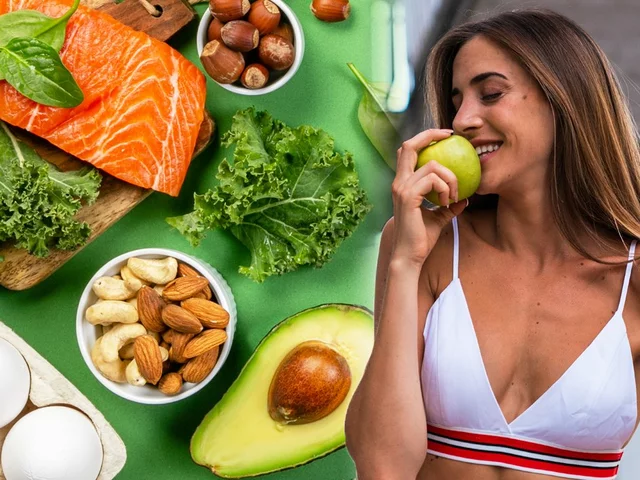Antioxidants: Why They Matter and How to Boost Them
If you’ve heard the word “antioxidant” on a label or in a health article, you probably wonder what the fuss is about. In plain terms, antioxidants are molecules that stop harmful free radicals from damaging your cells. Think of them as tiny body cleaners that keep your skin, heart, and brain running smoothly.
Free radicals form when you eat, breathe, or get exposed to sunlight. A little bit is normal, but too many can speed up aging, cause inflammation, and increase disease risk. Antioxidants neutralize those troublemakers, so you stay healthier longer.
Top Antioxidant Foods to Add Right Now
You don’t need fancy supplements to get a solid antioxidant boost. Whole foods are packed with natural power. Here are some easy picks:
- Berries – blueberries, strawberries, and raspberries are loaded with vitamin C and flavonoids.
- Leafy greens – spinach, kale, and Swiss chard deliver lutein and beta‑carotene.
- Nuts and seeds – almonds, walnuts, and sunflower seeds give you vitamin E and selenium.
- Dark chocolate – choose at least 70% cocoa for a flavonoid punch.
- Spices – turmeric, cinnamon, and cloves contain polyphenols that fight oxidative stress.
Mix these into smoothies, salads, or snacks and you’ll see a steady rise in your antioxidant intake without any extra effort.
Boosting Your Body’s Own Antioxidants
Besides eating the right foods, your body makes its own antioxidants, the most famous being glutathione. Glutathione works inside cells to recycle other antioxidants and keep the oxidative balance in check.
Want to support glutathione levels? Try these simple habits:
- Get enough protein – amino acids like cysteine, found in eggs, poultry, and legumes, are building blocks for glutathione.
- Stay active – moderate exercise triggers your body to produce more endogenous antioxidants.
- Limit alcohol and smoking – both consume glutathione faster than your body can replace it.
- Consider supplements – N‑acetyl‑cysteine (NAC) and alpha‑lipoic acid are known to raise glutathione when dietary intake falls short.
Even small changes, like swapping a sugary drink for green tea, can give your antioxidant system a lift. Green tea contains catechins that work hand‑in‑hand with glutathione to protect cells.
Remember, the goal isn’t to chase the highest possible antioxidant score. It’s about creating a balanced routine that keeps free radicals in check. Pair a colorful plate with regular movement, and you’ll naturally keep oxidative stress low.
So next time you shop, grab a handful of berries, a bag of nuts, and a fresh bunch of greens. Your body will thank you with smoother skin, clearer energy, and a slower aging clock.
Learn practical ways to weave Oolong tea into meals, snacks, and drinks while unlocking its antioxidant, metabolism‑boosting, and heart‑healthy effects for optimal supplement benefits.









